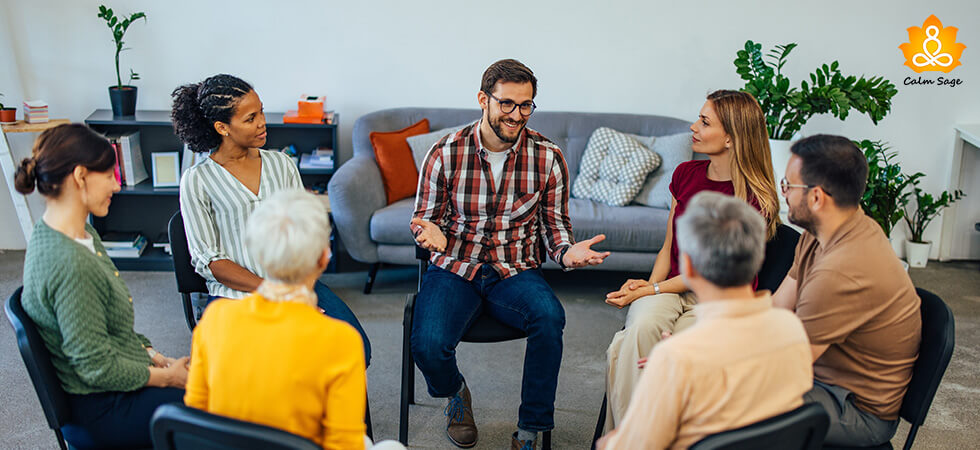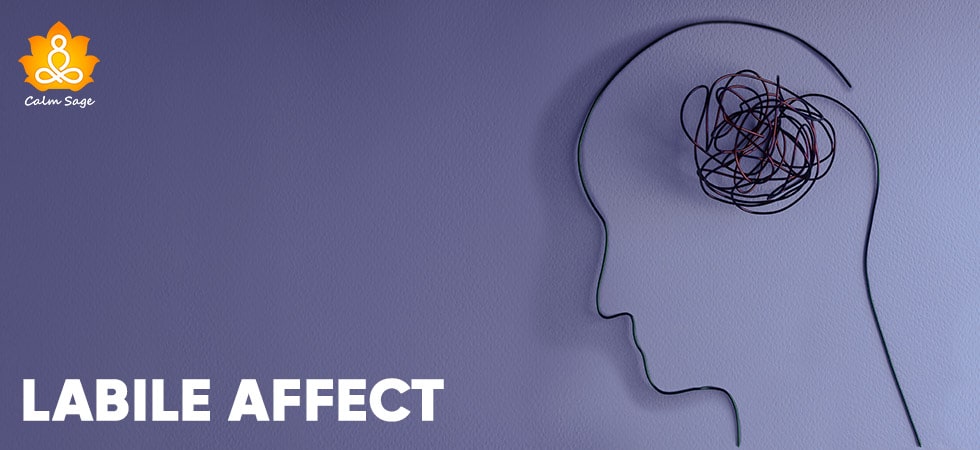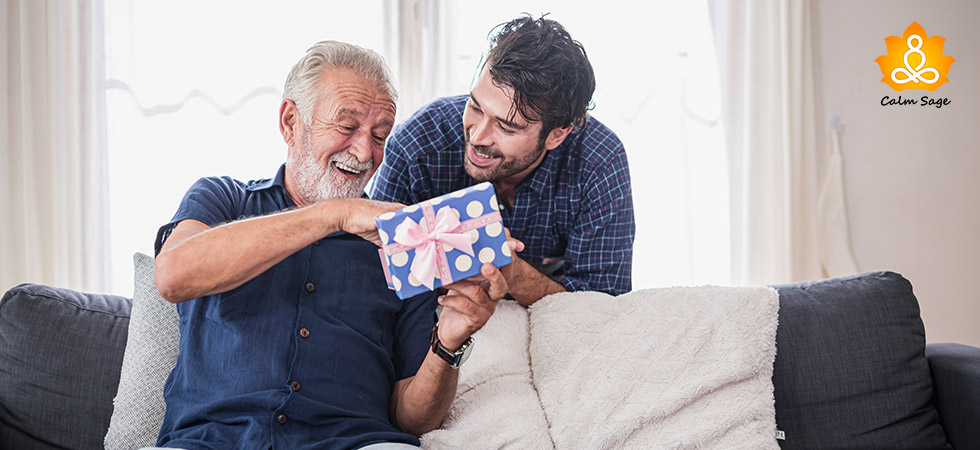Finding Your Tribe: A Guide to Self-Help Groups (And How to Find Yours)

I know the importance of having a strong support system. Whenever I feel like I’m spiraling downwards in a negative direction, I call up my people; my support system; to get me out of the funk. We can’t deny the need to have a strong group of people who understand our struggles, share similar experiences, and provide the support we need that others in our life can’t.
Challenges are a part of life, but the weight of those challenges and the personal struggles we go through can become overwhelming. Often, we make the mistake of going on the healing path alone; we forget that we don’t have to do this alone. Here’s where self-help groups can enter as a beacon of hope, support, and understanding.
Today, I’ll be helping you understand what self-help groups are, what challenges they can help you with, how they work, and how you can find your self-help, support group. So, keep reading for some interesting insights!
Also Read: 15 Best Self Help Books for Depression and Anxiety
What Are Self-Help Groups?
At its finest, self-help groups are a simple gathering of people who share common experiences, challenges, goals, or even aspirations. These groups are typically voluntarily formed and can provide a safe place for members to come together, discuss their thoughts and feelings openly, and find common strategies for coping with life’s many struggles.
Unlike formal group therapy, self-help groups are driven by shared experiences instead of professional guidance. Rather than a therapist leading the session, you’ll have a mentor or a volunteer, moderating the group.
Self-help means that you take steps and find ways to either achieve a goal or make positive changes in your life. All of this is done by yourself, without any guidance from a professional. In self-help groups, the same applies. You come together with a bunch of people in helping yourself, and others.
Self-help groups can help you find help and support for mental health, grief, parenting, addiction, weight loss, and more.
The best part of self-help groups that I find is that there is no pressure to attend as there are no pre-set agendas. You can come and go at your own pace, and there’s no limit to the number of people in the group.
Self-Help Groups vs. Group Therapy
Self-help groups are often confused, and even interchangeably used, with group therapy. However, despite the similarities in their terminology, there are some major differences between the two.
Group therapy is typically led by a trained mental health coach or therapist and aims to address specific mental health or other psychological issues. Whereas, self-help groups are peer-led and give a more collaborative approach where you can come together with other people to cope with similar challenges, and offer support based on each other’s experiences.
Types of Self-Help Groups
There are different types of self-help groups and different groups cater to a spectrum of needs and issues. Some are focused on specific needs such as addiction and grief, whereas others are more general and focused on personality development such as goal-setting, mindfulness, etc. This diversity ensures that there is space for everyone to seek support and help.
Different types of self-help groups can include;
- Addiction Recovery: For example; Alcoholics Anonymous (AA) or Narcotics Anonymous (NA)
- Mental Health: For example; Anxiety support groups or Bipolar disorder management
- Grief and Loss: For example; Groups for widows/widowers or groups for parents coping with the loss of their child, etc.
- Parenting: For example; Groups for new parents, groups for single parents, or groups for parents of children with special needs, etc.
- Chronic Illnesses: For example; groups for diabetes, Cancer recovery groups, groups for people with family members with chronic illness, etc.
- Career: For example; groups for jobseekers, groups for people returning to workspace, etc.
- Relationship and Marriage: For example; Couple therapy groups, relationship management groups, etc.
- Personality Development: For example; Groups for building self-esteem, confidence, goal-setting, etc.
Benefits of Self-Help Groups
Becoming a part of a self-help group can be an amazing experience. You can feel a sense of belonging in such groups, and many people have also reported feeling less lonely and more confident after joining self-help groups. Sharing experiences with others going through similar situations can increase empathy and offer insight into coping strategies that others have found effective.
Other benefits of self-help groups include;
1. Better Emotional Support: As a part of self-help groups, you receive empathy and understanding from other group members, fostering a stronger sense of emotional support and reduced feelings of loneliness.
2. Better Confidence: Being a part of a self-help group can give you a sense of empowerment as you witness others overcoming similar problems as yours. This strength can give you confidence to work on your issues.
3. Lack of Judgment: Self-help groups can offer a safe and non-judgmental space where you can express your feelings and thoughts without fearing rejection. This kind of atmosphere can encourage you to open up and be honest.
4. Better Coping Skills: In self-help groups, you are exposed to different kinds of coping strategies. This can help you develop your own coping skills, as learning from others’ successes can help you become better at coping.
5. Higher Self-Esteem: In a self-help group, you are constantly surrounded by positive feedback and encouragement. This kind of support can help increase your self-esteem. Your efforts are acknowledged, and your achievements are celebrated; this can help you increase your self-image too.
6. Higher Motivation: Group members in a self-help group often hold accountability for each other and motivate each other to do better. This mutual support and encouragement can increase motivation and urge you to persist and work towards your goals.
7. Lack of Stigma: In self-help groups, you share experiences within the group, and these shared experiences can help destigmatize certain issues. You feel more accepted and understood in a self-help group, resulting in a lack of stigmas and social judgment.
8. Strong Social Network: With your self-help group, you can connect with others who share similar interests and goals. This can increase your opportunities to connect with like-minded people. Having a strong network can also add to your resources and give you different perspectives on certain issues.
9. Long-Term Support: The relationships you form in self-help groups can go beyond your regular sessions. The collective experiences can help you create a social circle and this circle can stay with you long-term, continuously contributing to your well-being.
10. Cost-Effective: The best part of self-help groups is that they are cost-effective. If you can’t find the financial support to get group therapy, then you can join self-help groups as they offer similar kinds of support and empathy, at a low cost (sometimes even free of cost). These groups also assure long-term support and understanding.
11. Supports Healthy Habits: Self-help groups, specifically the ones that focus on a specific goal, can help you create healthy habits and stick with them for your own good. Peer influence has been said to impact life positively, so try it!
Self-Help Groups: Cons
While self-help groups can have their benefits, there are some challenges that we can’t ignore. Some people might find it harder to open up in such an informal environment, and the advice shared might not always be helpful for everyone. Moreover, the absence of a professional can cause misinformation and unhelpful coping mechanisms. Some more disadvantages of self-help groups can include;
1. No Professional Guidance
Without trained professionals, there could be inaccuracy when it comes to information and coping techniques. You might even miss the expertise of a professional and sound advice that only a mental health professional can offer.
2. Passive Participation
Not all members of the group might actively participate in the support. There could be uneven sharing of experiences, which can limit the effectiveness of the self-help group. The experiences shared in the group might not always align with evidence-based practices, so this could also create disharmony.
3. Conflicts Within Groups
There could be conflicts and clashes of personalities within the group, impacting the effectiveness of the self-help group. This is an important issue that many self-help groups might face, at one time or another.
4. High Risk of Triggers
Because there is no professional intervention or guidance, there could be a higher chance that someone might unintentionally trigger a negative emotion or a traumatic memory. Without a professional, these situations could escalate.
5. Lack of Confidentiality
In group therapy, confidentiality is maintained, but when it comes to self-help groups, there could be a lack of confidentiality that can harm others. Sensitive experiences shared in the self-help group might go beyond the sessions, which could put your privacy at risk.
6. Dependency on Groups
Many people may even become overly attached or dependent on these self-help groups for all kinds of support. This kind of excessive reliance on self-help groups can hinder your ability to cope on your own when needed.
7. Stigmas Within Groups
Not all groups can be inclusive. There could be people in self-help groups who might have some judgmental attitude or hold stigmas about certain concerns. This can cause you to feel unwelcome and misunderstood in a setting where you seek support.
8. Time Commitment
Self-help groups might need regular attendance if you want to reap the benefits of a self-help group. If you can’t commit to time or participate regularly, then this could prevent you from developing a support system.
9. No Professionals Involved
If you’re struggling with mental health disorders or conditions, then these concerns might go unnoticed in self-help groups as there is no professional support involved. Serious conditions might need intervention from therapists and help that moderators of self-help groups can’t provide.
10. Group Changes
Since self-help groups are voluntary, there is a higher risk of groups either disbanding or changing. This could cause disruptions in the established support and impact the support you’ve been regularly receiving.
Effectiveness of Self-Help Groups
Studies and research over the past have shown that the effectiveness of self-help groups can be varied. How well self-help groups work for people can depend on various factors such as the nature of the group, the commitment from other members of the group, or other challenges being addressed in the group.
While self-help groups can’t replace professional support and therapy, they can complement your ongoing professional therapy and become a valuable support system.
A study, published in 2022, found that self-help groups can be effective for people who are prone to self-harm. While the research is limited, it is said that peer support groups for self-harm can be a good resource for support.
What Do Self-Help Groups Look Like?
When I ask you to picture a self-help group; what picture comes to your mind? A group of people sitting in a circle and discussing problems and their solutions? Well, you’re not far from the mark. A typical self-help group can be described as an informal setting where you and other people with similar issues have open and honest conversations.
Group members share their experiences, setbacks, and achievements, creating a mutual understanding and encouragement. While several groups follow a particular format, such as AA, other self-help groups allow conversations to flow naturally.
The atmosphere of a self-help group can be casual and purposeful, and the group is often driven by the experiences of the people present. Here’s what a self-help group might look like;
- A warm and welcoming environment: The sessions typically exude a sense of warmth and welcome. Group members know and applaud the courage that you take to share your struggles with others.
- There is a circle of sharing: You can be seated in a circle or around a round table, but the gist of it all remains the same. There is an open exchange of thoughts and feelings in a self-help group. Everyone gets a chance to speak and is encouraged as well by others.
- Shared experiences are important: Everyone in the session takes turns sharing their experiences, good and bad. This creates an atmosphere of sincerity as each experience is marked with authenticity.
- Each response is empathetic: The responses from group members are always empathetic and filled with understanding. You won’t find yourself feeling lost in self-help groups. It could be a nod, a clap, a smile, or any other gentle gesture that will strengthen the empathy meter.
- Different perspectives are there: There is diversity in the group and this becomes apparent when you meet different people from different backgrounds. Each person offers their perspectives which creates a more collective understanding within the group.
- You can exchange resources: When you meet others going through similar situations, you can learn from them how they cope. This can cause an exchange of resources as well. It could be a book, an app, or any local therapy center. But you’ll be able to exchange helpful information, naturally.
- Emotions are embraced: Whether it’s your laughter or your tears, emotions are embraced in a self-help group. Each of your emotions is met with compassion, kindness, and understanding.
- Boundaries are respected: Despite the informality of such groups, there’s always a sense of respect when it comes to boundaries. Group members are not forced to share what they are uncomfortable sharing. You can feel safe when speaking up in a self-help group.
- There could be group rituals: Some self-help groups might have their rituals and traditions that can indicate the beginning or end of a session. These rituals can deepen the sense of belonging and community.
- There’s no judgment: In most self-help groups, you can find a safe and non-judgmental space to be yourself. Because there are no professionals, members of the group offer advice from their experiences. So, no matter what you can rest assured that there will be no judgment.
- There’s always time for hope: As self-help group sessions progress, there’s always a sense of hope lingering. You can leave the group feeling liberated and strong, taking strength from others’ stories of resilience.
Should You Join a Self-Help Group?
Now, the question is whether you should join a self-help group. The answer lies in your comfort, the nature of your needs, and your preferences when it comes to sharing your struggles. It’s important to understand what works for others might not work for you. So, take your time to explore all aspects of a self-help group, as well as different groups, to find out if self-help groups could be the right fit for you.
How to Find Self-Help Groups?
If you find the idea of self-help groups appealing, then here are some ways you can find self-help groups;
- Try searching online: You can do a simple search online using keywords related to your needs or preferences. Search engines or social media platforms can help you find groups tailored to your needs and goals.
- Try community centers: You can also ask around in your community and try contacting your community center to find out if they host self-help groups. You can also go online and check for bulletins for announcements of new groups.
- Ask your therapist: Therapists or mental health professionals can also be good sources to find self-help groups. They might have a list of self-help groups that they can recommend to you based on your needs.
- Try online forums: You can also go to online forums that are dedicated to helping mental health and other self-help issues. Online forums such as Reddit, Meetup, and more can have self-help groups listed.
- Join social media groups: That’s how I found help and support groups! Platforms such as Facebook and even LinkedIn have groups that you can join for help and support on various topics.
- Word of mouth: There’s no better way to find self-help groups than by asking around. Reach out to your friends, family, or even coworkers who might have been a part of self-help groups in the past. They might recommend some groups to you based on your needs.
Wrapping Up…
Personal development and mental well-being are important aspects of our overall health, and self-help groups stand out as a beacon of hope and resilience when we falter in these aspects. Self-help groups can create connections, offer understanding, and help you in moving forward in life. While they might not be a one-size-fits-all solution, they could offer collective support and wisdom that can help you bring change in your life.
No matter what you’re struggling with; addiction, grief, health, or career, self-help groups will welcome you with open arms and a safe space where you can begin your healing.
I hope this article helped you understand what self-help groups are and how they can help you. Let me know what you think about such groups in the comments below.
Take Care!
Next Read:
8 Best Self Soothing Techniques For Adults (To Help You Balance Your Life)
5 Self-Help Stress Management Tips For Highly Sensitive People




















